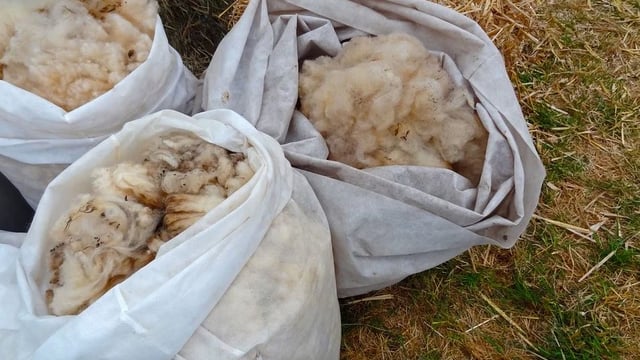DAFM confirms third case of bird flu in Ireland since December
The Department of Agriculture, Food and the Marine (DAFM) has confirmed that a third case of avian influenza (bird flu) has been detected since strict biosecurity regulations for poultry were introduced in December.
Since early December, there have been three detections of bird flu infection in wild birds in Ireland; one in Co. Galway in early December, one in Co. Dublin in later December, and the latest case in Co. Donegal in mid-January.
The development comes as an avian influenza prevention zone (AIPZ) was introduced in Northern Ireland on Saturday (January 18).
The decision followed three confirmed bird flu cases in wild birds in three different counties since January 15.
The AIPZ places a legal requirement on all bird keepers in Northern Ireland to follow strict biosecurity measures.
DAFM said that "biosecurity is the single most effective way to protect poultry and kept birds from becoming infected with avian influenza".
"With six instances of avian influenza in wild birds on the island since early December, it is clear that the virus is circulating in some wild birds in Ireland and that the highest standards of biosecurity are needed to protect Irish poultry and kept birds," the department said in a statement.
The department carries out year-round surveillance for bird in poultry, and also tests a selection of wild birds in order to understand the level of risk to Irish poultry, working closely with the National Parks and Wildlife Service (NPWS).
"This helps to inform risk mitigation actions to protect poultry, such as the introduction of the biosecurity regulations in December," it said.
The surveillance programme also includes the Avian Check Wild Bird App on the department’s website to facilitate the reporting of wild bird casualties by members of the public.
"These reports from members of the public aid understanding of trends in wild bird mortality across the country, and to investigate where appropriate.
"The department does not collect and test every dead wild bird reported; rather, a selection are tested to provide an understanding of the level of virus circulation and to aid early detection of risk," DAFM added.
Members of the public are advised not to handle sick or dead wild birds and to report any episodes of sick or dead wild birds to their Regional Veterinary Office (RVO) or, if outside business hours, to contact the National Disease Emergency Hotline on 014928026.
DAFM said that it continues to closely monitor and assess the disease situation and is in regular contact with industry stakeholders and counterparts in Northern Ireland.





